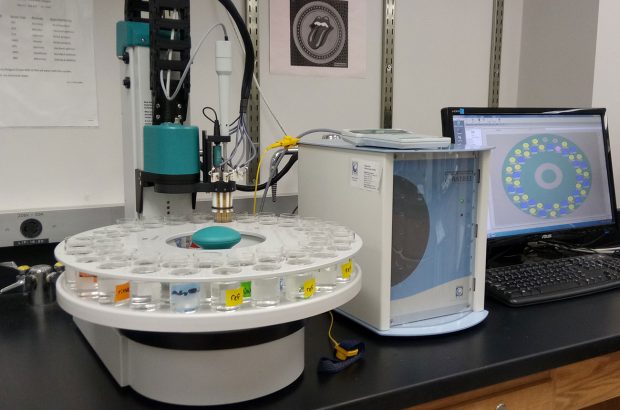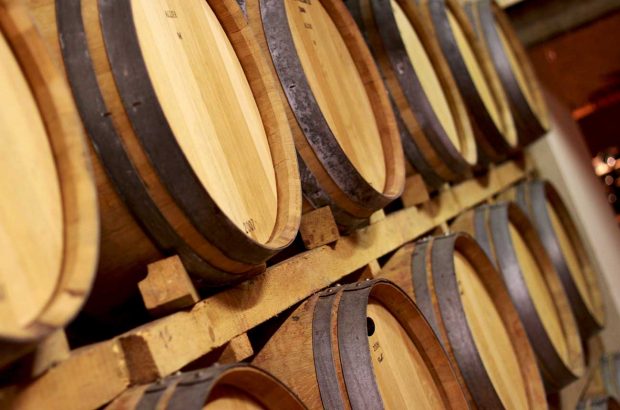Severe drought in northern Italy has led to the country’s government declaring a state of emergency in several regions, including Emilia-Romagna, Friuli-Venezia Giulia, Lombardy, Piedmont and Veneto.
Funds of €36.5m (£31m) would be made available to these regions for drought relief, the government said.
Agriculture body Coldiretti said last week that the Po river, which flows across northern Italy to the Adriatic Sea, was almost unrecognisable.
Drought in the Po Valley threatened around 30% of national agriculture production, it said, highlighting the potential heavy impact on food crops, including wheat and barley.
In vineyards, a degree of water stress during the growing season can be beneficial but prolonged dry spells – which can also be accompanied by heatwaves – may affect how grapes ripen and impact yields.
Winemakers in northern Italy have not been cited among the agriculture groups most acutely affected so far, although some producers in Piedmont previously highlighted concerns about a lack of winter snowfall and its impact on water reserves in the soil.
Recent rains have provided some relief for vines in Barolo, according to Stefano Gagliardo, of producer Gianni Gagliardo.
‘In Barolo the alarm went away with the latest rains,’ he told Decanter via email. ‘Right now the amount of water in the soil is back to a decent level. Fortunately the plants didn’t suffer any hydric stress so far, even if we went pretty close to that.’
He said he maintained a positive outlook, ‘even if we’re unquestionably dealing with climate extremes’.
Maurizio Montobbio, president of the Consorzio Tutela del Gavi, told Decanter, ‘Within the Gavi DOCG production area, rainfall during winter has been scarce; this prompted winegrowers to adjust vineyard management by tilling the ground sooner to maintain the little humidity present.
‘Thanks to these measures and the little rain that has fallen so far, the plants have not shown symptoms of water stress; but harvest is still far away and if rain does not fall, production could be poorer compared to the previous years.’
Management of water resources across communities and businesses is a key issue.
Ruenza Santandrea, president of the Consorzio Vini di Romagna, said local residents and farmers were witnessing ‘a drought that has never been seen before’.
While government initiatives could help the local population and crops, she added, ‘Over the years, numerous wineries have been carrying out winegrowing practices with low environmental impact and the Consorzio is determined to promote the adoption of sustainable standards as a commitment for the years to come.’
Coldiretti president Etore Prandini called for faster implementation of a plan for water storage basins, to help guarantee future supplies.
Several studies have suggested extreme weather events are becoming more common due to climate change.





